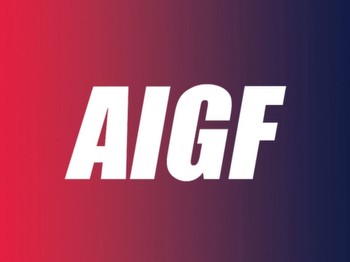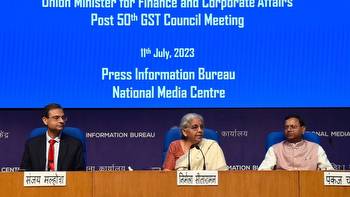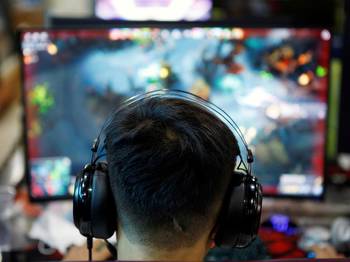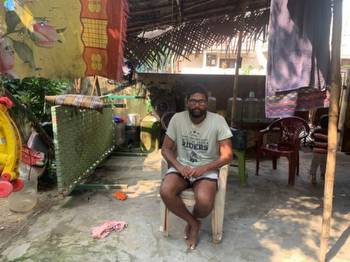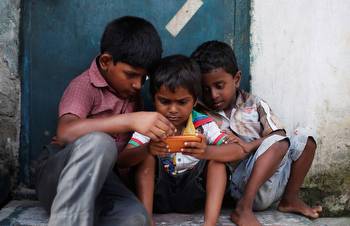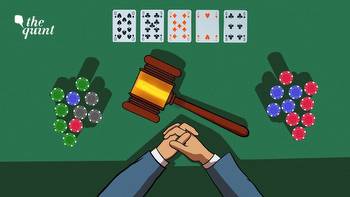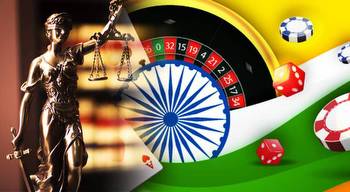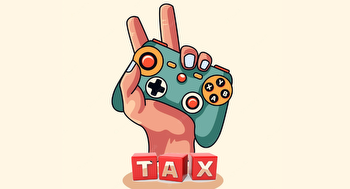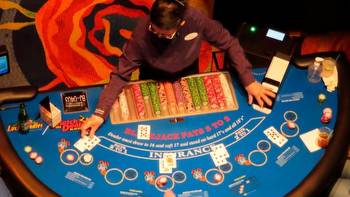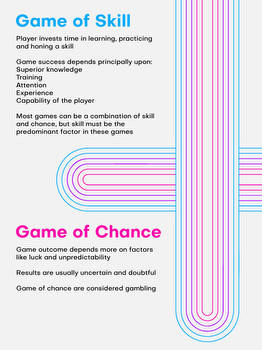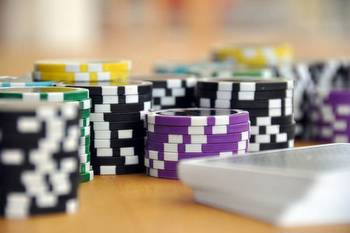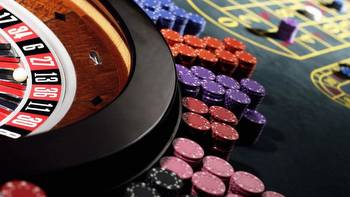The spike in online gaming may lead to increased gambling addiction

With the rate at which online gaming is gaining momentum in India, many are getting worried about the risk of increased problem gambling.
Last year, a 31-year-old construction project coordinator, Faisal Maqbool, lost around INR 400,000 ($5,000) within five months of playing a card game online. But it wasn’t just any type of card game, it was a multiplayer game that deals cards and the players have to bet.
Mr Maqbool recalls how he got started by betting with INR 500 and INR 1,000. Then, the urge to win more money spurs you to keep betting more money until you get completely sucked in. “You keep playing because you want to win back the money you lost. But you keep losing,” he says.
At a time, Maqbool would lose almost 70% of his monthly earnings to these games online and would be forced to borrow money from friends. Months after Maqbool has stopped playing games online, he still finds it difficult to fight the temptation.
Faisal Maqbool is only one among millions of Indians who are attracted by these online gambling games.
According to the E-Gaming Federation of India (EGF), an organization advocating for the regulation of online gambling, real money games make up almost 80% of the Indian online gaming Industry.
Although gambling is not legal in India, wagering at offshore sites is not prohibited. Hence, punters are taking advantage of the easy accessibility of real money gaming platforms such as Leo Vegas. A larger percentage of punters play these games with their smartphones as the platforms are mobile-compatible.
Online gamblers in India are very interested in native card games but also love visually appealing fast-paced games like Crazy Time. A bulk of punters go for live dealer formats of games which helps to create a real-life casino experience even with smartphones.
Indian states like Telangana, Odisha, and Andhra Pradesh have banned gambling games, citing addiction and mental health as reasons. In some others, such as Karnataka and Kerala, the bans have been overturned by courts. Some petitions on the issue are currently pending in India’s Supreme Court.
Organizations such as the All India Gaming Federation (AIGF) argue that the country only needs to differentiate between skill gaming and gambling.
Roland Landers, CEO of AIGF, explains the difference using Cricketing as an example. “When you look at Cricket, the toss in Cricket is a game of chance. But the rest of the game is entirely skill,” Landers said, adding that gaming platforms issue disclaimers to warn punters about controlling their money usage.
He further argues that payments made by participants are the same as entry fees. In his opinion, paying an entry fee to enjoy any form of entertainment is not equivalent to gambling. He also added that it will be counterproductive if the country ignores the tremendous potential of the booming gaming industry.
Currently, the Indian online gaming market is growing at about 30% yearly, which makes it the fastest-growing sector in the entertainment industry. The market alone has over 400 million customers. According to the AIGF, earnings from the online gambling industry are around $1 billion yearly. The body also predicts that the industry will create nothing less than 50,000 jobs by 2025.
While many experts have argued about the potentials and harms of online gambling, the issue of problem gambling cannot be ignored. And if the industry continues to boom without strict regulations and attention to gambling addiction, it could lead to further problems for India in the future.








